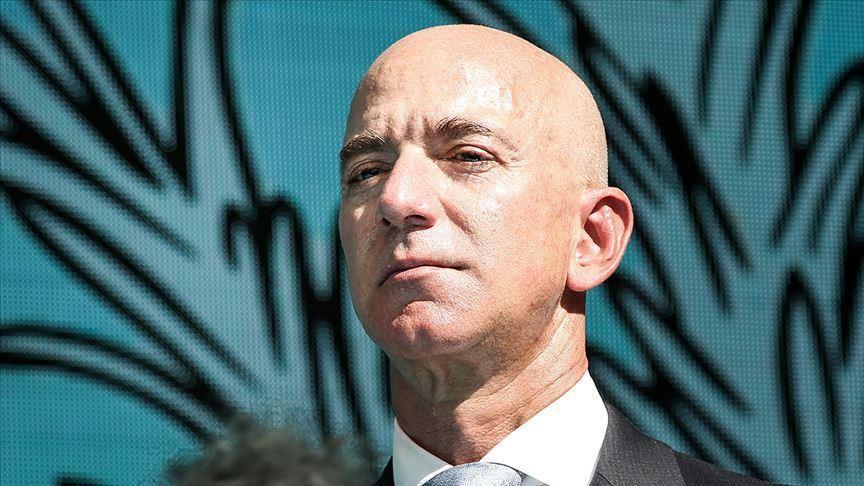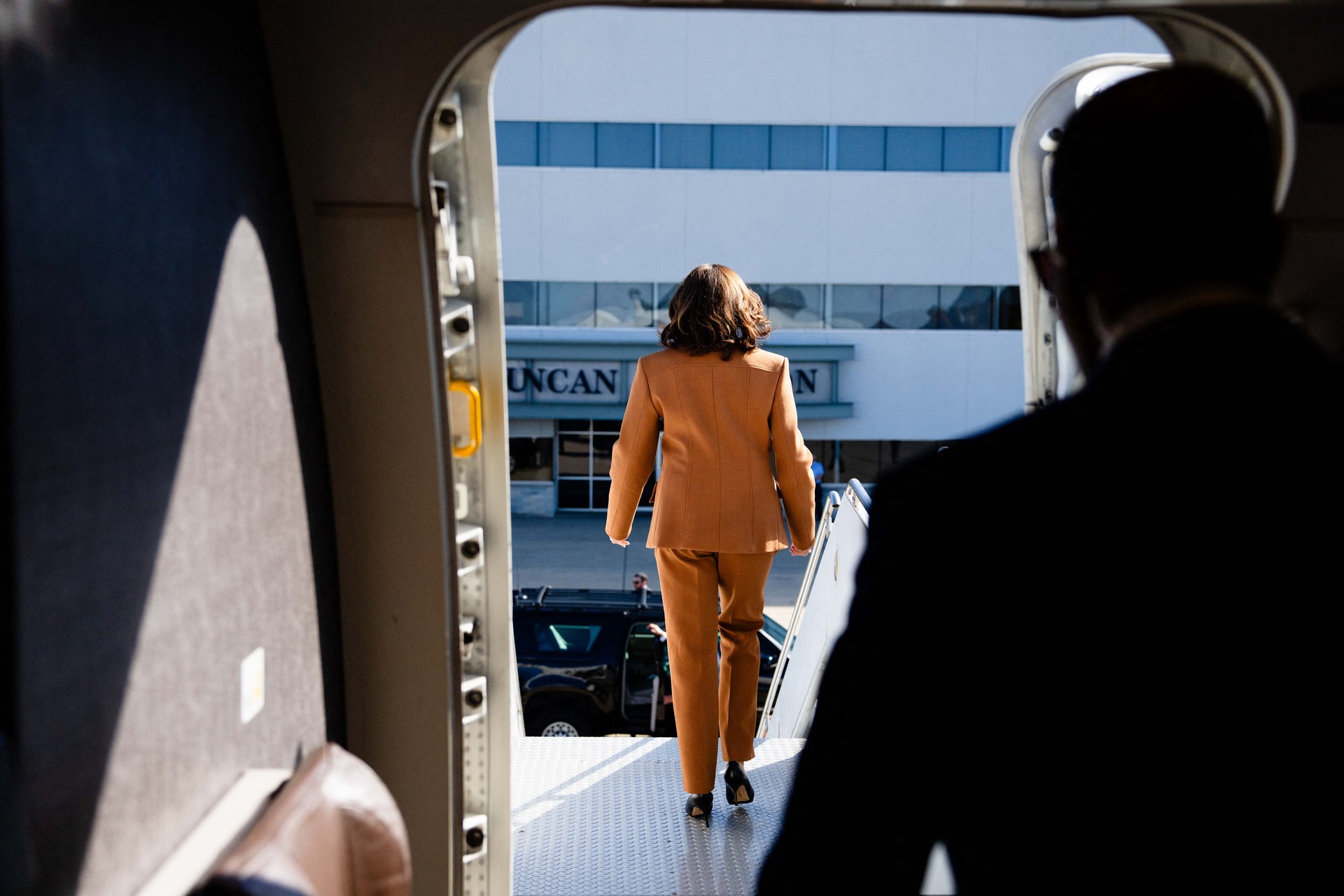
The Washington Post (WP), owned by Amazon billionaire Jeff Bezos and known for its left-liberal stance and ties to the Democrats, announces it will not support any candidate in the presidential elections for the first time in 36 years, reigniting discussions about the tradition of media endorsements in American politics.
Meanwhile, reports in American media claim that WP was very close to supporting Harris, but Bezos reportedly intervened in this decision, leading to the announcement of "not supporting anyone."
As the countdown continues for the presidential elections in the U.S. on November 5, statements from leading American media outlets regarding which presidential candidate they support continue to be a topic of discussion.
The WP, which holds a strong position in mainstream media and usually supports Democratic candidates with its left-liberal line, decided not to support any candidate in this election, where Democratic Kamala Harris is competing against Republican Donald Trump.
The newspaper, which first declared support for the then-Democratic candidate Jimmy Carter in 1976, stated that it has supported a presidential candidate in every election since the 1988 elections.
"TheWashingtonPostwill not be making an endorsement of a presidential candidate in this election. Nor in any future presidential election,” publisher Will Lewis said in a statement.
"We are returning to our roots of not endorsing presidential candidates."
"We recognize that this will be read in a range of ways, including as a tacit endorsement of one candidate, or as a condemnation of another, or as an abdication of responsibility. That is inevitable,” Lewis said.
But, he added, "We don’t see it that way. We see it as consistent with the values ThePosthas always stood for and what we hope for in a leader: character and courage in service to the American ethic, veneration for the rule of law, and respect for human freedom in all its aspects."
Notably, WP's page editor David Shipley had approved an endorsement of Harris, but this was reportedly under review by Bezos, who ultimately influenced the decision to abstain from endorsements.
Meanwhile, the Post's former executive editor, Marty Baron, lashed out at the WP's "cowardice, with democracy as its casualty."
Baron said that Trump would see the decision "as an invitation to further intimidate" Bezos.

In contrast to WP's decision, the New York Times (NYT) publicly endorsed Harris on September 30, emphasizing that Trump's return to the White House would not be beneficial for the country and declaring Harris as "the right candidate for president."
Meanwhile, the Los Angeles Times also decided to refrain from supporting any candidate, making it the second major newspaper to withdraw anticipated support for Harris.
Approximately 80 national and local media outlets, including prominent publications like NYT, the Boston Globe, and the New Yorker, have announced their support for Harris, while about ten outlets, such as the New York Post and the Washington Times, have backed Trump.
U.S. and the economic challenges faced by the media, national newspapers may wish to avoid the risk of losing some subscribers by supporting any presidential candidate.
Comparatively, the support for Harris appears to lag behind endorsements received by previous Democratic candidates.
In 2016, around 240 media organizations supported Hillary Clinton, while approximately 120 backed Joe Biden in 2020.
In American media, endorsements of presidential candidates have long been seen as a standard practice.
However, this trend has sparked debate about the implications for independent journalism, especially as mainstream left-liberal outlets tend to favor Democratic candidates and conservative media align with Republicans.
Experts suggest that the growing political polarization and economic challenges may prompt national newspapers to avoid endorsing candidates to mitigate the risk of alienating subscribers.